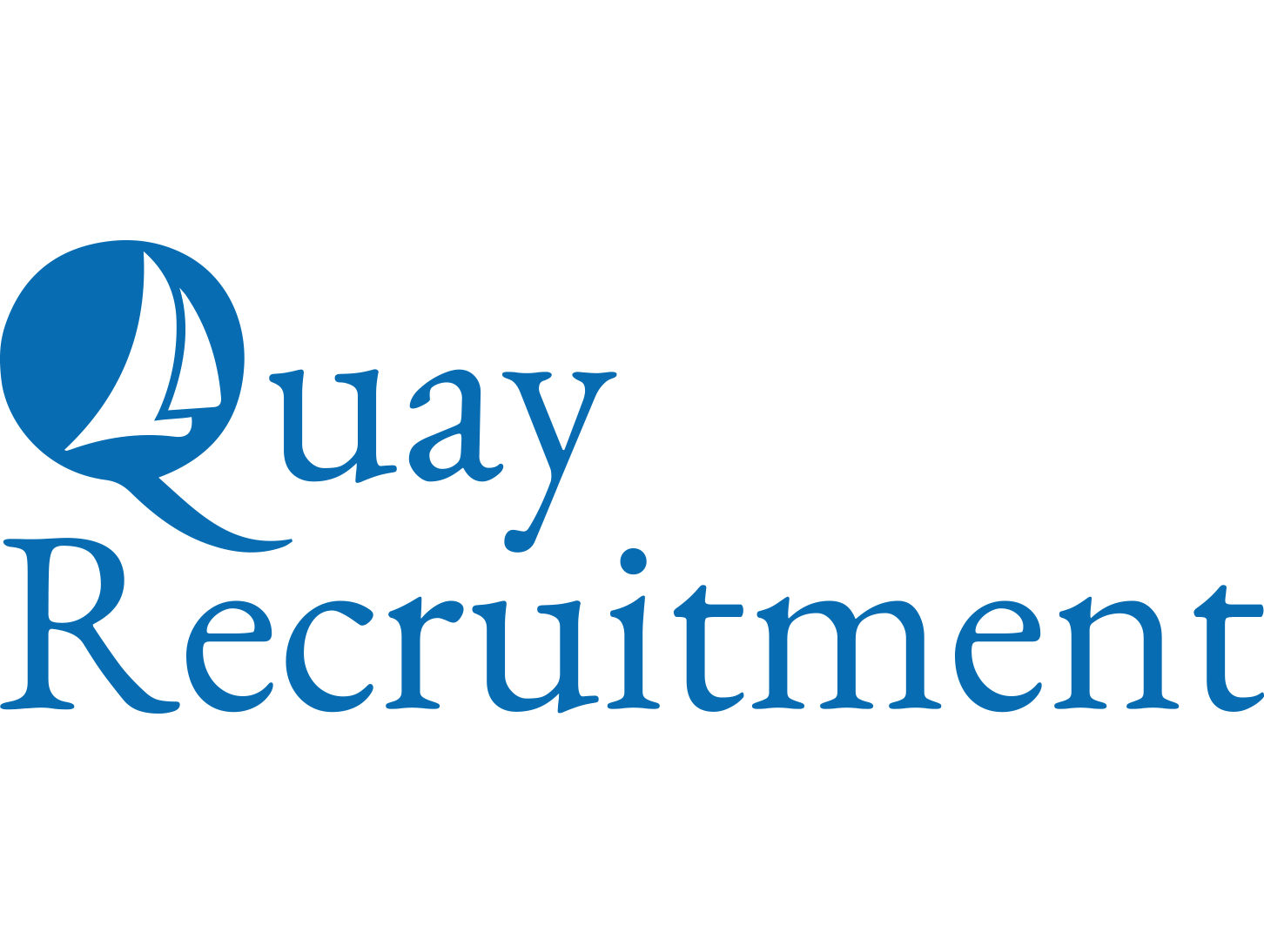Every client of ours has at one time made a bad hiring decision or miss out on the right person through a long and confusing application and interview process.
So what can you do to minimise these decisions in an increasingly demand driven and supply short candidate market?
- Define your need.
How can you judge a candidate before knowing what your key requirements are? As a recruiter, we honestly cannot find you candidates without knowing your top three requirements for the role. If the vacancy is for an existing position, it’s wise to think about how this role might have changed since you last hired. Is some experience with new technology needed? Do they need to understand new legislation? Don’t just fire out the same spec when your needs aren’t on there, that doesn’t help recruiters or candidates.
- Shorten your time to hire.
If you’ve ever been in a competitive environment, and yes I include business in that, you’ll know how good it feels to come out on top. The same applies to hiring the right person over a key competitor – you should see it as a win!
In a recent survey funded partly through the CIPD, 58% of candidate job seekers said they had or would consider accepting a second choice job if they had to wait too long for feedback from their first choice. So how long is too long? Well in that same survey, 55% of candidates had waited over a month to get interview feedback, but felt that two weeks is the maximum they should have to wait.
- Be consistent, objective and realistic.
Clients will often tell us “We placed this job with another agency and they haven’t provided us any candidates!” This seems shocking to us until we see their job spec with a list of demands you as long as our arm.
As a hiring manager you should ask yourself: does that candidate really exist? Did you meet every single requirement on the job spec when you were hired? Speak to your recruitment consultant. If they’re a specialist, they’ll know the area, the salary bench marking and if you’re being realistic.
- Understand the costs of not hiring.
Every vacant position has a cost attributed to it. Some of the most obvious examples are a sales position where you’re missing out on potential revenue, a managerial role where a team is going un-managed.
If you clearly relay these costs to other stakeholders, naturally your recruiting process will be faster, but also more in depth as you will also want to avoid the cost of a bad hire.
Do you have any interviewing or application tips to share? What are your experiences with your current recruiting process? Check out our website www.quayrecruitment.com or email us hello@quayrecruitment.com to let us know!
